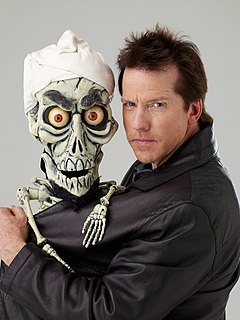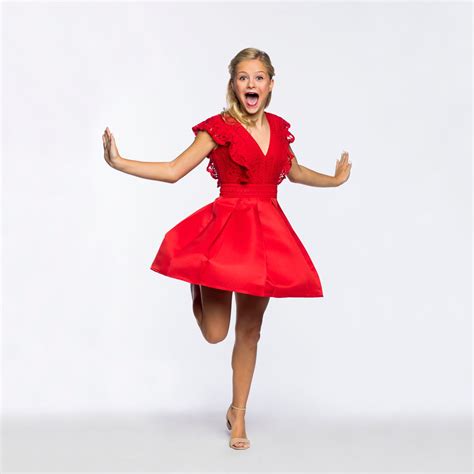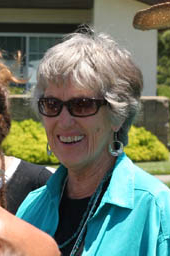A Quote by Aaron Sorkin
I do not speak through my characters; it's not a ventriloquist act.
Quote Topics
Related Quotes
Actually, I started as a ventriloquist and my music teacher said, "Why don't you emcee the talent show?" My act was out of the back of Boys' Life magazine-they had a whole series of jokes in the back of Boys' Life magazine for Boy Scouts. So my act was jokes with my ventriloquist figure, and it was really bad, but I walked into the classroom afterward and the kids went, "Wow, you're cool." I wasn't cool at all, but I thought, "Well, this is a pretty good deal."
The magic in performing as an entertaining ventriloquist happens when the characters come to life and the interaction between the separate personalities on stage becomes 'real.' Then don't forget that the act has to be funny, and to me, being funny and entertaining any given audience is more important than anything.
You relax within the verse. You realize the structure of the verse and relax into it. It's like swimming. Or riding a bike. You can't make it sound real if you are thinking it through as you go. You can't think through Shakespeare, you have to speak it. And listen to the rhythm of it and then it takes you over. And to make it sound real you speak as if you believe it. Don't act it. Just be it.
I think that I write much more naturally about characters in solitude than characters interacting with others. My natural inclination - and one that I've learned to push against - is to give primacy to a character's interior world. Over the three books that I've written, I've had to teach myself that not every feeling needs to be described and that often the most impactful writing more elegantly evokes those unnamed feelings through the way characters speak and behave.



































